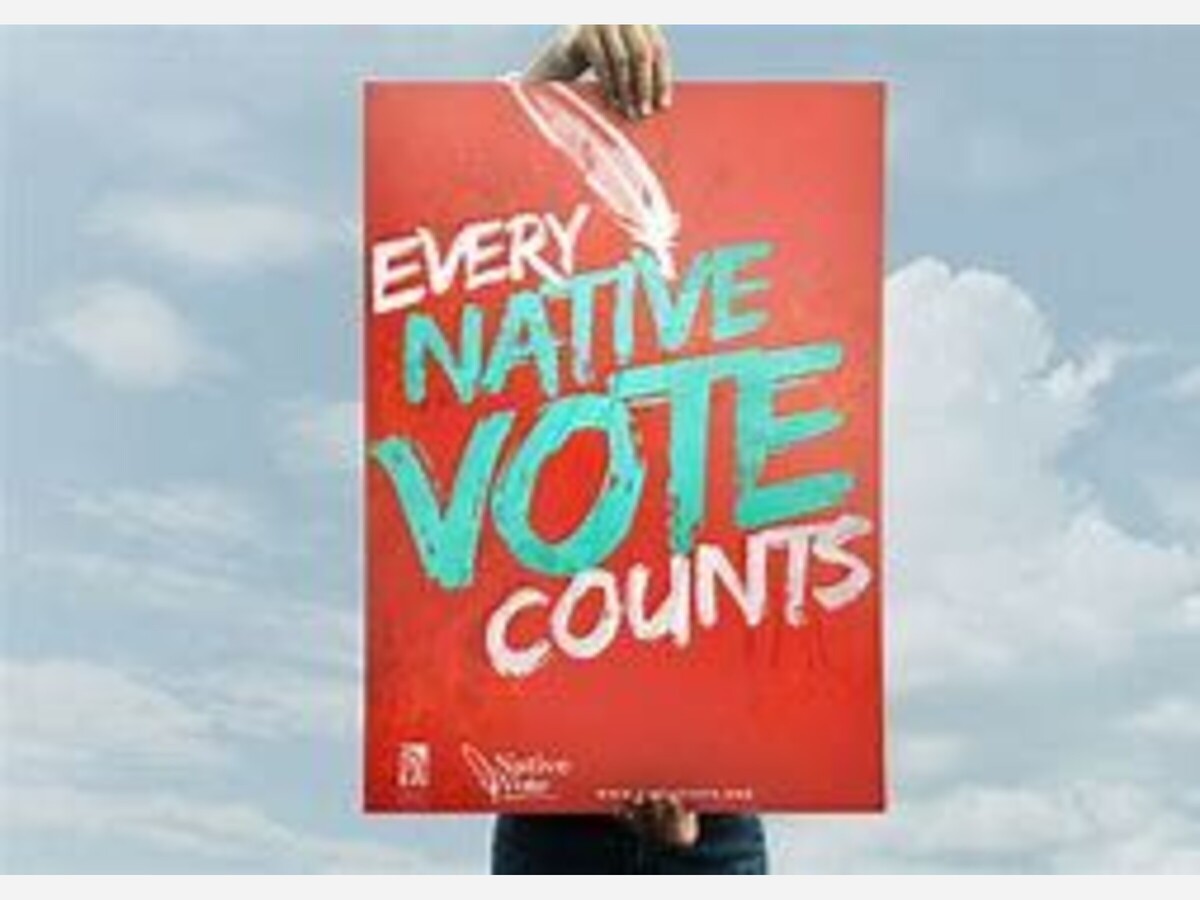Image


Native Americans make up 9.5% of the population of the state of New Mexico and as such should be a powerful voting block and have significant influence during the legislative sessions.
New Mexico also known as the Land of Enchantment is home to 19 pueblos and three tribes, along with the Navajo Nation. More than 5 million Native Americans live in the United States as members of 574 federally recognized and 63 state-recognized tribes. That number is projected to rise to 10 million by 2060. A federally recognized tribe is a sovereign entity with a government-to-government relationship with the United States, as well as the rights of self-governance in such areas as tribal law and taxation.
In New Mexico with 9.5% of the population New Mexico hosts the second largest population of any state. New Mexico has 23 tribes: three Apache, 19 Pueblo, and the Navajo Nation. One of the best-known groups is the Taos Pueblo, whose village was designated a World Heritage Site in 1992 and has become a center for Southwestern art and architecture. Part of the sprawling Navajo Nation is located in northwestern New Mexico, as well as in northeastern Arizona and southeastern Utah. About a third of its 300,000 tribal members live in New Mexico.
Voting in New Mexico has never been easy for Native Americans. New Mexico was one of the last states in the country to honor the constitutional right to vote of citizens.
The New Mexico legislature has never leaned into the Native American population and even this session there is a mixed review of legislation proposed specific to voting that could have an impact on indigenous voters within the state.
Representative John Block, the former liberal Democratic operative for Albuquerque Mayor Keller, who then moved south and changed his stripes into a transformed Trumpian aligned conservative, claims to be LBGTQ and of Native ancestry. However, his voting record does not align with his alleged indigenous heritage.
Specific to voting rights Rep John Block has proposed HB223 a voter ID initiative, which should not be controversial and should align with tribal support. However, it is restrictive in the language, as written by Block it would not honor as a legal voter ID the tribal ID's. It would only honor a New Mexico state issued ID. Mr. Block's stance on potentially supressing the Native American vote is not surprising given 56% of Indian Americans identify as Democrats, and only 15% identify as Republicans, while another 22 percent identify as independents.
On the other side of the isle is a proposal to ban guns at polling locations. Again, Block is opposed to that limitation all the while violence and intimation of indigenous people as the polls is a part of the history of which they have had to overcome.
Mr. Block and the other aligned legislators need to familiarize themselves with the historical perspective of voting and Native American History per opponents to his stance.
In the book, Voting in Indian County: The View from the Trenches, Jean Reith Schroedel, professor emerita of political science at Claremont Graduate University, weaves together historical and contemporary voting rights conflicts.
The right to vote struggle for Native Americans is distinct from the wider struggle faced by many marginalized groups in the US. One thing few Americans understand is that American Indians and Native Alaskans were the last group in the United States to get citizenship and to get the vote. Even after the civil war and the Reconstruction (13th, 14th and 15th) amendments there was a supreme court decision that said indigenous people could never become US citizens, and some laws used to disenfranchise them were still in place in 1975. In fact, first-generation violations used to deny and not just dilute voting rights and were in place for much longer for Native Americans than any other group. It’s impossible to understand contemporary voter suppression in Indian Country without understanding this historical context.
When voter suppression is discussed by politicians, advocates and journalists, it’s mostly about African American voters, and to a lesser degree Latinos or Hispanics most of the time Native Americans still excluded from the conversation.
Tribal ID are not being accepted in a number of states because some polling places workers don't understand that the tribal ID may not have a residential street address, because those do not exist on many reservations, or that government entities have in their records an address that was arbitrarily assigned to people with non-standard addresses, and that address does not match another assigned address on a different government list that also may be inaccurate based on the data base of that entity.
The legislature of New Mexico and of the various states to include the US Congress must consider the impact of legislation on the Native American population when drafting such legislation. Lawmakers such as John Block and others must familiarize themselves with the plight and issues of voting among Native Americans.
Some suggest that Representative John Block and others don't want the Native American voting block to have easy access to the polls given 56% identify as Democrats and only 15% as Republicans. Some suggest that HB223 as written is clear proof and if the numbers of Native Americans in Otero County significantly increased, he would quickly be voted out of office. Block fears more opposition party voters.
Tribal considerations must be considered as it is incomprehensible that with 9.5% of New Mexico's population there is not more state level representative of Native Americans in political office.
Stay tuned...